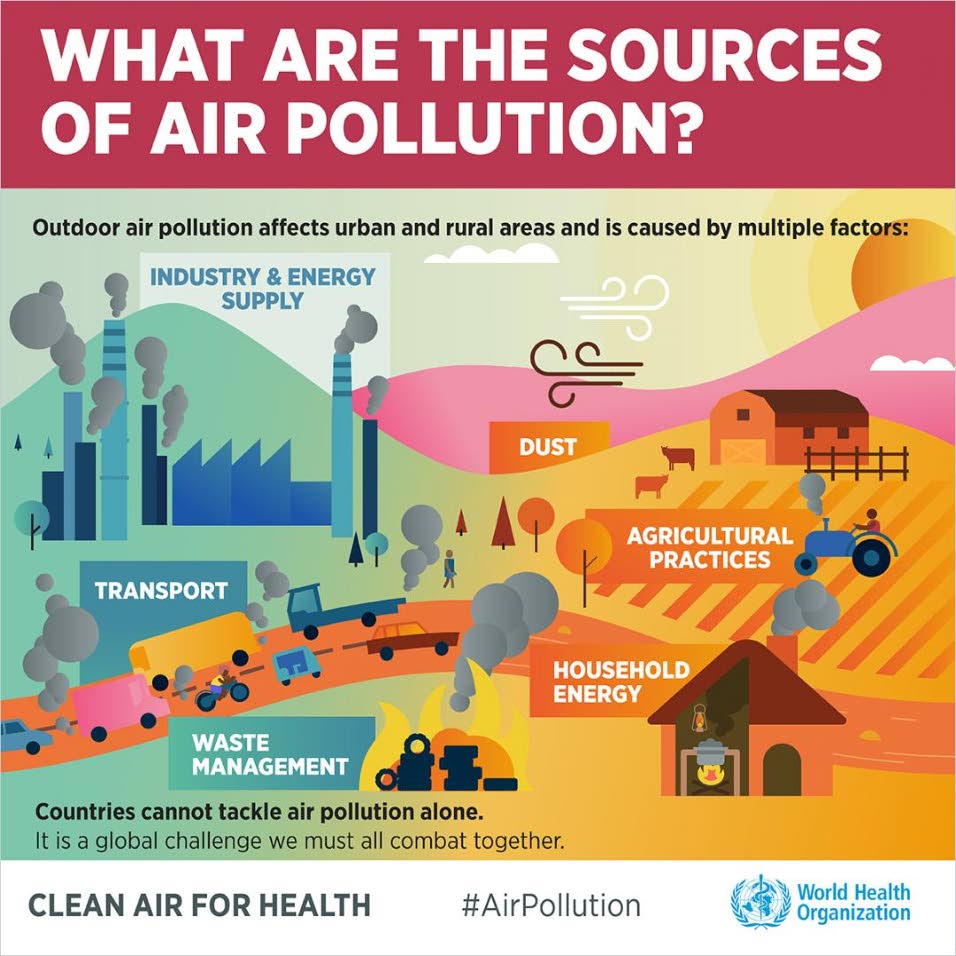Are You More Vulnerable to Mental Health Challenges? Research Links Personality Traits to Higher Risk

It's a thought that often crosses our minds: are certain personality types more susceptible to mental health struggles? Recent research suggests there's a strong connection, particularly when it comes to specific personality traits. While we all experience ups and downs, understanding these links can be a crucial first step in seeking support and building resilience.
Let's dive into the three personality traits that studies have consistently linked to a higher risk of mental health issues. It’s important to remember that possessing these traits doesn’t guarantee you’ll face challenges, but it does suggest a potential increased vulnerability.
1. Neuroticism: The Emotional Rollercoaster
Neuroticism, perhaps unsurprisingly, tops the list. It's characterised by a tendency to experience negative emotions like anxiety, worry, fear, anger, and sadness. Individuals high in neuroticism often struggle with emotional regulation, finding it difficult to bounce back from setbacks and experiencing heightened stress responses. The core components of neuroticism - emotional instability, self-doubt, and a pessimistic outlook - directly correlate with conditions like anxiety disorders, depression, and even personality disorders. If you frequently find yourself overwhelmed by negative thoughts and feelings, it’s a good idea to explore strategies for managing stress and seeking professional guidance.
2. Low Agreeableness: Difficulty with Harmony
Agreeableness refers to your level of compassion, cooperation, and empathy. People who score low on agreeableness can be seen as competitive, critical, and challenging to get along with. While assertiveness isn't inherently negative, a lack of agreeableness can lead to strained relationships and social isolation – both significant risk factors for mental health problems. Research indicates a link between low agreeableness and increased risk of depression and anxiety, likely due to the stress and loneliness that can result from difficult interpersonal dynamics. Building stronger communication skills and practicing empathy can be beneficial.
3. Conscientiousness: The Struggle with Organisation & Self-Discipline
Conscientiousness involves being organised, disciplined, and goal-oriented. While high conscientiousness is generally seen as a positive trait, low conscientiousness has been linked to a higher risk of mental health issues. Individuals low in conscientiousness often struggle with impulsivity, procrastination, and difficulty planning and following through on commitments. This can lead to feelings of guilt, shame, and a lack of control, which can contribute to depression and anxiety. Breaking down large tasks into smaller, manageable steps, seeking support to stay organised, and practicing self-compassion are helpful strategies.
What Does This Mean?
It's crucial to emphasize that this research isn't about labelling individuals or predicting their fate. Instead, it offers valuable insights into potential vulnerabilities. Recognising these traits within yourself or others can be a catalyst for seeking proactive mental health support. If you identify with one or more of these traits and are experiencing difficulties, don’t hesitate to reach out to a mental health professional. Early intervention can make a significant difference.
Disclaimer: This article is for informational purposes only and should not be considered medical advice. Always consult with a qualified healthcare professional for any health concerns or before making any decisions related to your health or treatment.






